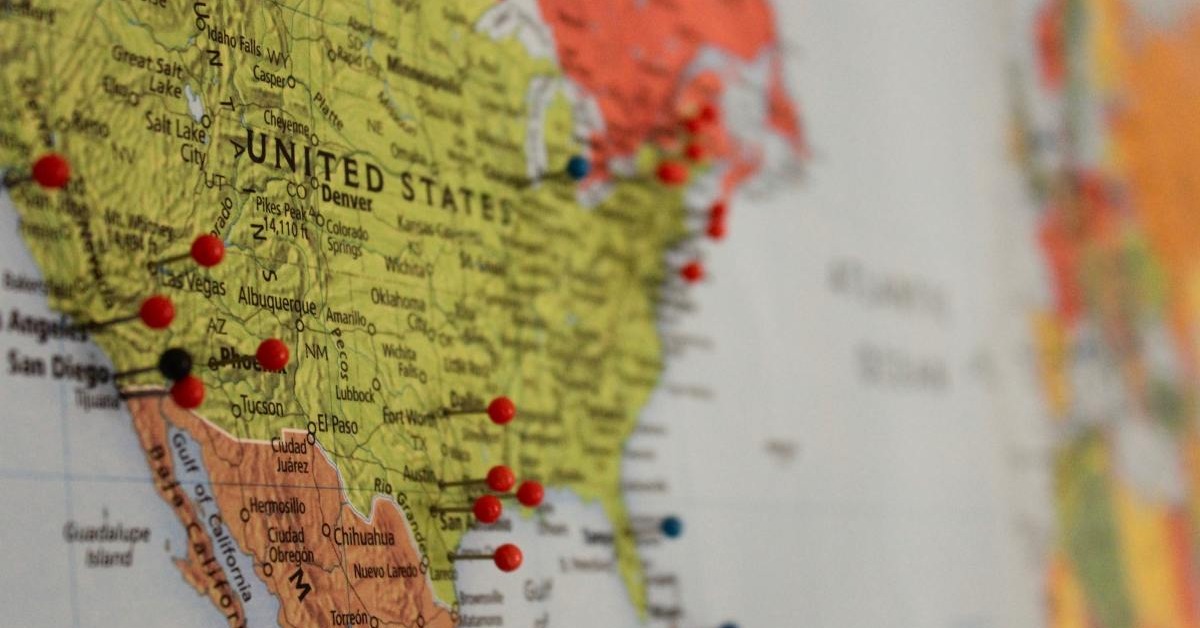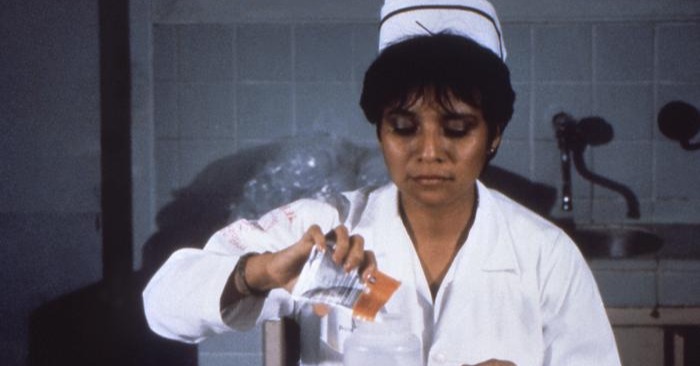
How Much Do Substance Abuse Social Workers Earn?
Top earners in substance abuse social work can earn over [...]

Nurse practitioners (NPs) are in high demand in all practice areas. While most of these health professionals pursue certification in family practice (69.7 percent), NPs are also needed in mental health care and psychiatric care, where only 4.7 percent of the nation’s 355,000 NPs are concentrated. We need more; the Bureau of Labor Statistics (BLS) projects an eye-popping 46 percent increase in jobs for nurse practitioners over the next decade.
Psychiatric mental health nurse practitioners (PMHNP) are advanced practice registered nurses (APRN) with graduate or doctorate-level training in psychiatric care. Many begin with a Bachelor of Science in Nursing (BSN) and active RN licensure and decide to expand their nursing degree by pursuing an MSN PMHNP degree. They work in a variety of practice settings in short and long-term care, in and outpatient facilities, and across age groups from pediatrics to geriatric patient care. These healthcare professionals conduct mental health assessments, diagnose mental illnesses, design and oversee treatment plans, administer psychotherapy, prescribe medications to treat psychiatric disorders, and work with patients overcoming substance abuse disorders. PMHNPs typically work relatively independently but often collaborate with primary care providers, specialists, social workers, and psychiatrists to provide effective interventions and therapies.
Pay for this role is high. Indeed lists the average salary for PMHNPs in the US at around $140,000; salaries vary from state to state. PMHNPs in Washington, Maryland, New York, Virginia, and Colorado all make $10,000 to 20,000 above the national average, while those in states like Georgia and Louisiana make almost $40,000 below it.
If you’re interested in learning more about online programs for psychiatric mental health nurse practitioners, read on. This article also addresses:
A number of online MSN PMHNP programs offer flexibility to students pursuing this credential. Many of these PMHNP master’s programs are competitive—and all have full accreditation from the Commission on Collegiate Nursing Education (CCNE). All programs prepare students to sit for the Psychiatric-Mental Health Nurse Practitioner (Across the Lifespan) Certification (PMHNP-BC) examination—the credential that allows graduates to pursue full state licensure.
The greatest advantage of an online master’s program is its flexibility. For many advanced degree students, the time spent commuting to campus for classes is better spent elsewhere. Then there are the travel costs involved. Being able to attend asynchronous lectures in the early morning or late night instead of at a fixed time during the week means students can study and focus as their schedule allows. Many PMHNP programs offer multiple start dates and rolling admission, so students can begin their training at different points during the academic year.
These PMHNP nursing programs (which sometimes also offer a Doctor of Nursing Practice (DNP) or a PMHNP post-master’s certificate) prepare student practitioners to assess, diagnose, monitor, and treat both chronic and acute mental health conditions in children, adolescents, adults, and elderly patients. Training involves a holistic approach to care, with consideration for both physical and mental health assessment and treatment.
PMHNP programs include coursework and clinical experience across the lifespan and require credit hours to be distributed to address the health needs of patients in all age groups and a variety of clinical practice settings, including both inpatient and outpatient care.
A PMHNP MSN is a master’s degree designed for RNs interested in pursuing an advanced practice nursing career in psychiatry. Many advanced practice nurses pursue certification in more than one area of practice, so some may have previous training in neonatal, women’s health, or in adult or pediatric primary care.
PMHNP MSN degrees build on the four-year nursing bachelor’s degrees held by many registered nurses and are designed to be completed in one to two years, depending on the specifics of the curriculum. Some programs allow part-time study, which can extend the timetable. All program specifics like available financial aid, admissions requirements, and scheduling should be discussed with the admissions team overseeing individual PMHNP programs.
Coursework includes advanced work in psychopharmacology, pathophysiology, therapeutic counseling modalities, mental health policy and advocacy, and epidemiology of behavioral health. Most programs begin practicum work in the first semester, allowing time for hands-on clinical hours and review and guidance from assigned preceptors.
Admissions criteria are program-specific, so a call or email to the admissions team at any nursing school is recommended for questions about requirements and prerequisites. At CUNY’s Hunter College, admissions requirements for master’s and post-graduate advanced certificate programs include an active New York state RN license, undergraduate work in nursing research and statistics, a 500-word statement of purpose detailing reasons for pursuing a PMHNP MSN degree, a full transcript and completed BSN, and at least two professional letters of recommendation.
While there are differences, all PMHNP MSN programs prepare their students to pass one certification exam—the Psychiatric Mental Health Nurse Practitioner (Across the Lifespan) Certification (PMHNP-BC), given by the American Nurses Credentialing Center (ANCC). All PMHNP MSN programs also prepare graduates for the ANCC Psychiatric Mental Health Nurse Practitioner board certification examination.
With this credential, graduates are eligible to pursue licensing in the state where they wish to practice. Every state in the US has specific licensing requirements and practice laws, so new licensure is required if a practitioner intends to start practicing or relocates to a new state with a different practice environment.
Questions or feedback? Email editor@noodle.com

Top earners in substance abuse social work can earn over [...]

Education requirements for nurses in the U.S. are becoming more [...]

Nurse practitioners (NPs) typically earn six figures, but NP salaries [...]

Becoming a nurse practitioner can be arduous. The journey requires [...]

A Doctor of Nursing Practice (DNP) degree qualifies you for [...]
Categorized as: Advanced Practice Nursing, Nursing & Healthcare